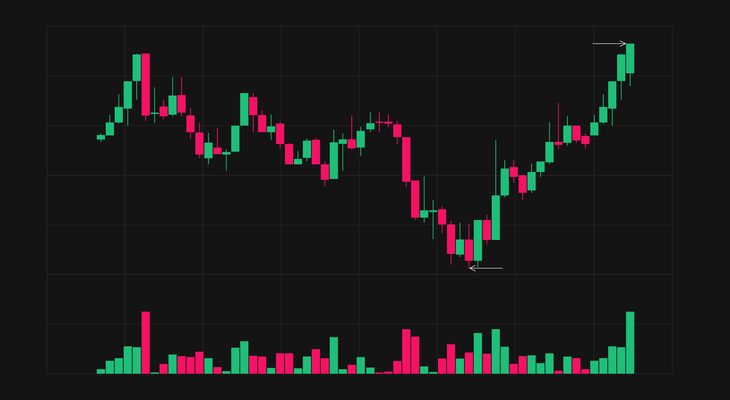Daily trading attracts many who see it as a quick way to earn profits. It’s fast-paced and requires close attention to market movements. However, it also brings risks. Understanding both sides is key before diving in. For those exploring whether daily trading is a good fit, weighing the pros and cons is crucial.
Key Points:
- Benefits of daily trading
- Risks involved
- Time and discipline needed
- Is daily trading right for you?
Pros of Daily Trading

- One of the main attractions of daily trading is the potential for quick profits. By taking advantage of price fluctuations within the same day, traders can benefit from small, frequent gains. This method is highly liquid, meaning that traders can exit positions quickly, offering greater flexibility compared to long-term strategies.
- Another benefit is the ability to start with minimal capital. Some platforms allow you to trade with as little as $1, so you don’t need large investments to get started.
- There’s also the advantage of compounding growth. Small profits over time can accumulate into significant earnings if managed properly.
For those willing to invest time and energy, daily trading can become a full-time job, offering freedom from the traditional office environment. Skilled traders can manage their own schedules, working when the markets are open and enjoying the rest of the day.
Is It Really for You?
When considering daily trading, it’s essential to understand the commitment required. Some platforms, such as Binomo, offer tools to get started easily. For example, registering through Binomo login provides access to a demo account with $10,000 for practice, allowing beginners to explore strategies without risking actual capital. This can help you decide if daily trading suits your lifestyle and skills.
The flexibility and low entry barriers make it an attractive option, but trading successfully still demands focus, knowledge, and discipline.
Cons of Daily Trading

The financial markets are unpredictable.
- No amount of skill can completely remove the element of risk. Some traders may lose substantial amounts of money, especially those who are inexperienced or who rely on emotional decisions rather than data-driven strategies.
- There is also a time cost. Daily trading requires constant monitoring of the markets. It can be stressful and mentally draining. While it is possible to set stop-loss orders or automate some trades, success generally requires an active and focused approach. This high level of involvement can lead to burnout.
- Another downside is the potential for overtrading. Trying to profit from every small market movement can backfire. Trading too frequently can eat away at profits due to transaction costs and market fluctuations, not to mention the emotional toll it can take. The more trades one makes, the higher the likelihood of encountering a losing streak.
Required Skills for Success
Anyone considering daily trading needs a strong foundation in market analysis.
- Technical analysis is important. It focuses on chart patterns and indicators to predict short-term price movements
- Fundamental analysis that looks at economic reports, earnings and other external factors that affect market prices.
- Discipline is equally important. Many traders fail due to lack of discipline, making impulsive trades based on emotion rather than sticking to a well-planned strategy. Keeping emotions in check is one of the biggest challenges of daily trading.
- Risk management is also vital. Using stop-loss orders, limiting trade sizes, and diversifying trades can help manage risk. But no strategy is foolproof. Traders must be prepared for losses and know when to walk away.
Can Daily Trading Be Profitable?

Yes, it can be. But success in daily trading requires consistency, discipline, and a solid understanding of market dynamics. Most importantly, traders need to be aware that profits are not guaranteed, and losses are a real part of the process. Only a small percentage of traders manage to earn consistent profits in the long run.
For those willing to commit time and effort, daily trading can offer a path to financial independence. However, it is not a get-rich-quick scheme, and it should never be treated as such.
Final Thoughts
Daily trading is not for everyone. While it can provide financial opportunities, it also comes with risks and requires a great deal of commitment. For those with the necessary skills, discipline, and passion, it can be a rewarding endeavor. However, for those looking for a passive investment strategy, daily trading may not be the best option. Understanding the challenges and risks involved is key to making the right decision
To get started, it’s important to practice with demo accounts or start with a small investment. There are platforms that offer a safe way to test the waters before committing larger amounts of capital.


